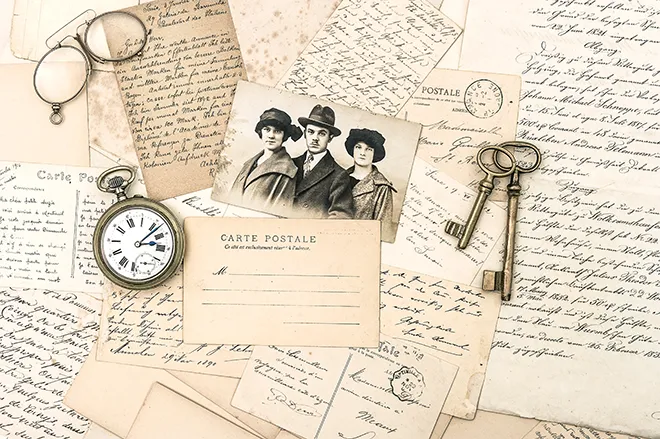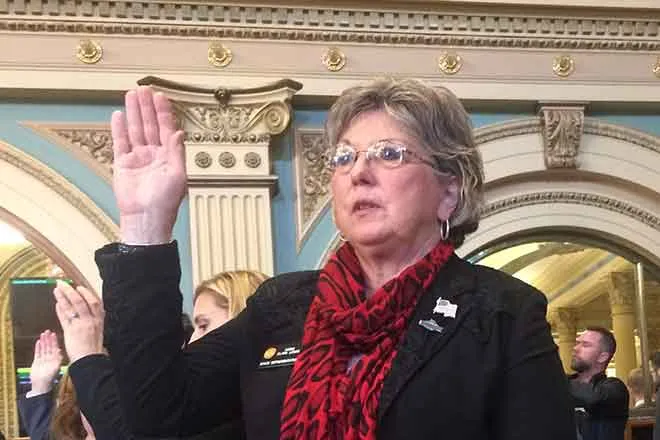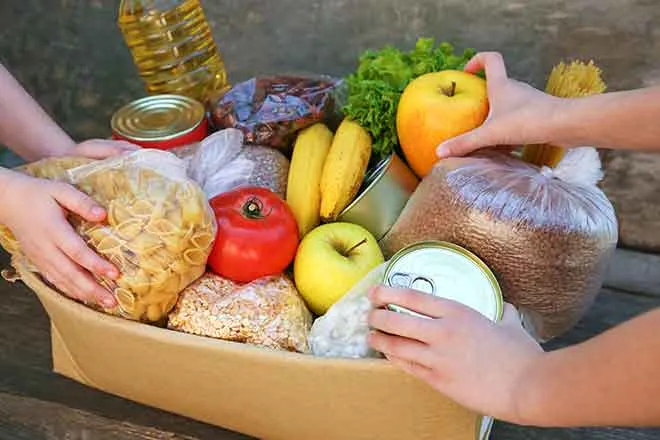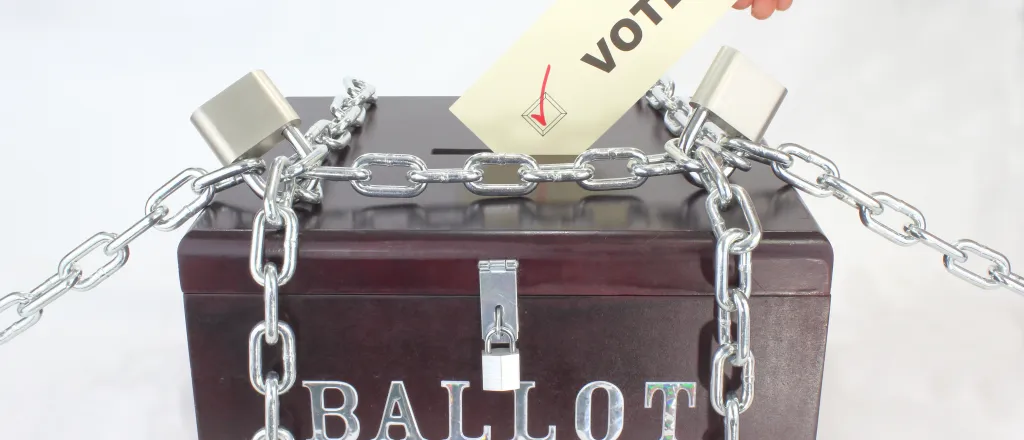
Oklahoma lawmakers propose changes to elections
Lawmakers have filed a number of measures that seek to alter Oklahoma’s election processes.
Senate Bill 129, by Senate Minority Leader Julia Kirt, D-Oklahoma City, and Senate Bill 273, by Senator Mary Boren, D-Norman, would increase the number of days for in-person absentee voting.
Senate Bill 129 would increase in-person absentee voting to 14 days.
Boren’s bill adds Wednesday for any election and Saturdays during the three weeks preceding the general election, primary, runoff or presidential primary elections.
Kirt said there aren’t enough early voting days.
“People need access,” she said.
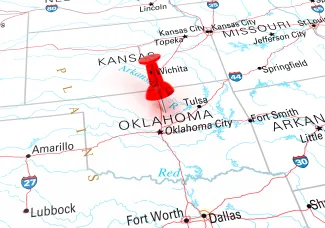
She said long lines during early voting in the last election cycle discouraged people from casting ballots.
State leaders need to prioritize making it easier for people to cast a ballot without it being a hassle, she said.
Senate Bill 329, by Boren, would require notice to those voting absentee if a ballot is rejected and give the voter an opportunity to remedy the defective paperwork.
“If that ballot was rejected three weeks before the election, I could have gone in and voted in person if I had known,” Boren said. “Other states tell people what they need to fix. We don’t give that option when a ballot is rejected.”
She said a scrivener’s error should not negate a person’s right to vote.
House Bill 1692, by Representative Ronald Stewart Jr., D-Tulsa, would make any day in which a general election is held a state holiday.
The measure would increase voter participation, he said.
In the 2024 general election, the percentage of Oklahoma eligible voters who cast ballots was among the lowest in the nation, experts said.
House Bill 1985, by Representative Trish Ranson, D-Stillwater, would end straight-party voting.
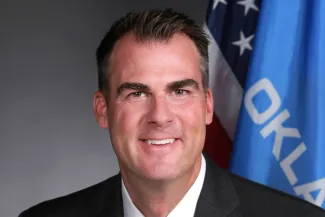
Oklahoma Governor Kevin Stitt - public domain
It is one of the issues that continually came up on the door steps when she was campaigning, she said.
Ranson said it would require people to vote for the candidate and not the party.
“I think it encourages voters to educate themselves on who is running,” Ranson said.
House Bill 1712, by Representative Forrest Bennett, D-Oklahoma City, would require a political party that holds a closed primary or runoff primary to repay the cost of the election.
Bennett said his bill serves as a financial incentive to open up the process.
“Elections are funded by the taxpayers,” he said.
Democrats currently allow independents to vote in primaries and runoffs, but Republicans and Libertarians do not.
Supporters of open primaries have indicated they are circulating an initiative petition to get the issue, in the form of State Question 836, on the ballot.
House Bill 1515, by Representative Molly Jenkins, R-Coyle, would require registered voters seeking an absentee ballot “to provide a statement declaring why they are unable to vote either early in-person absentee or on election day due to work, school or travel.”
Senate Joint Resolution 5, by Senator Micheal Bergstrom, R-Adair, would require initiatives, referendums and Constitutional amendments sent to voters to be approved by at least 60 percent of voters rather than a majority. The measure would have to be approved by a vote of the people to become law.
Lawmakers return February 3 to the Capitol.
Oklahoma Voice is part of States Newsroom, a nonprofit news network supported by grants and a coalition of donors as a 501c(3) public charity. Oklahoma Voice maintains editorial independence. Contact Editor Janelle Stecklein for questions: info@oklahomavoice.com.

